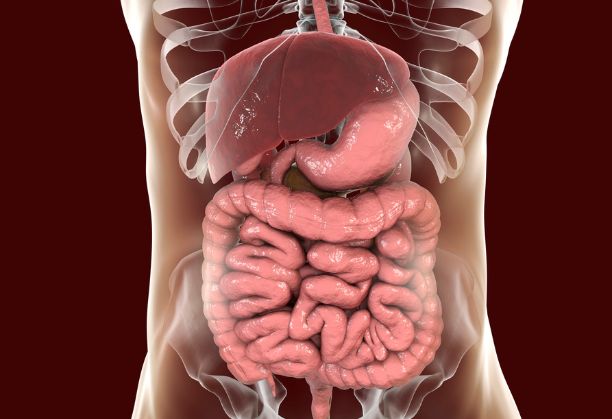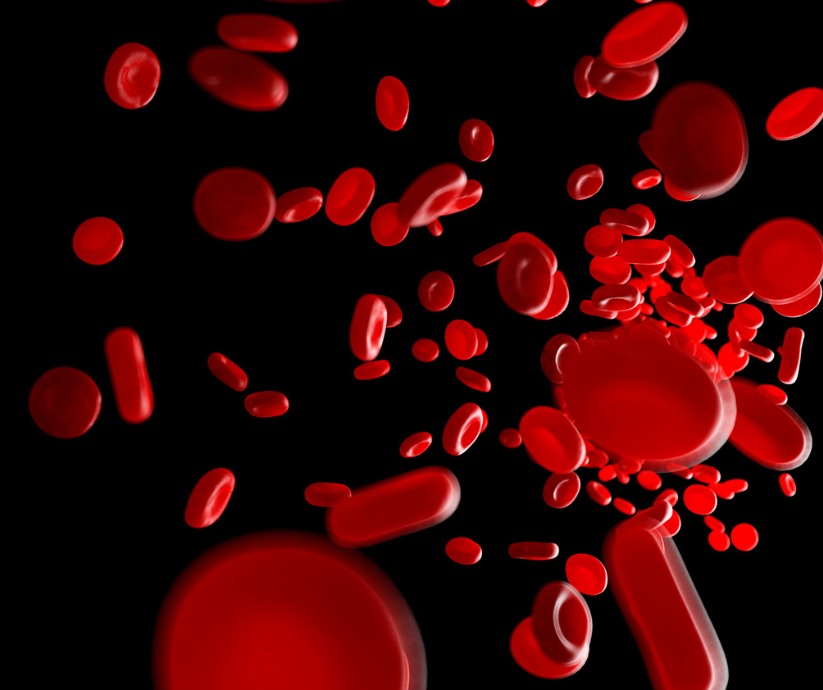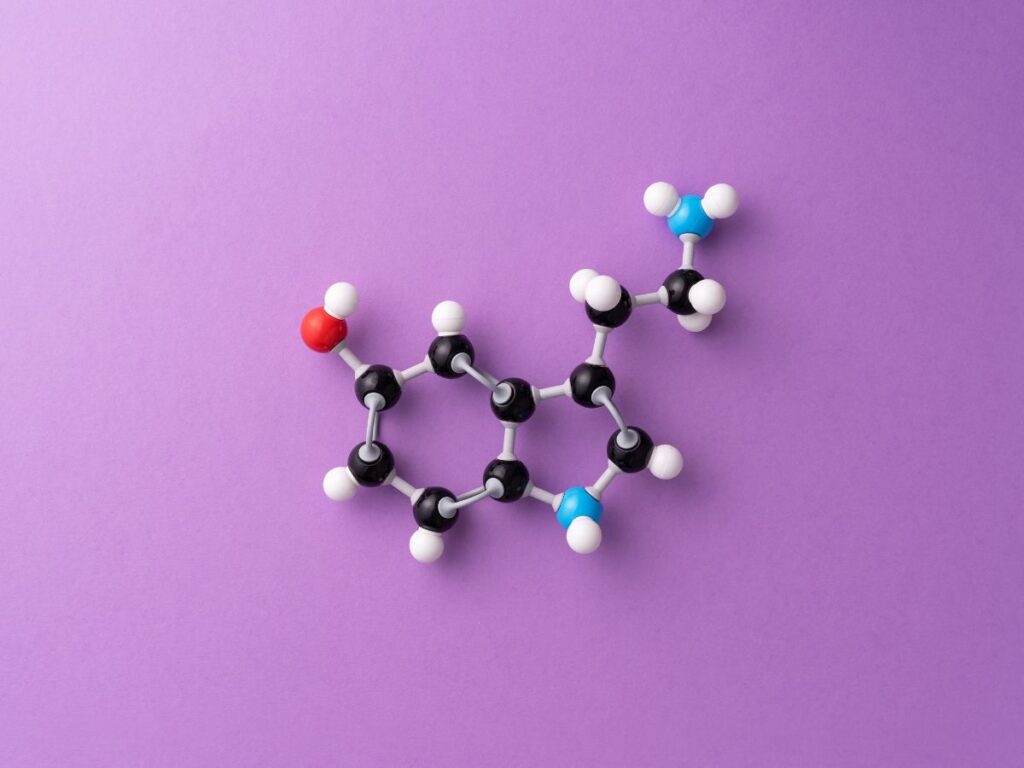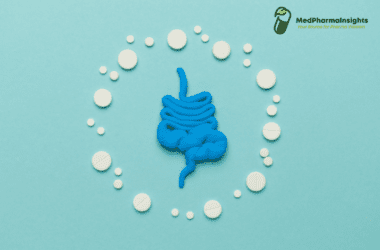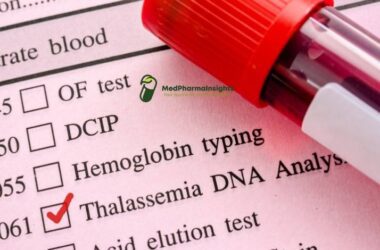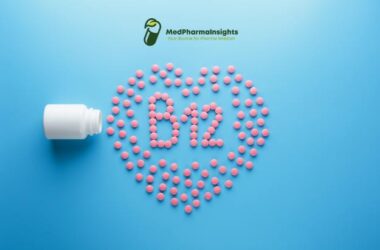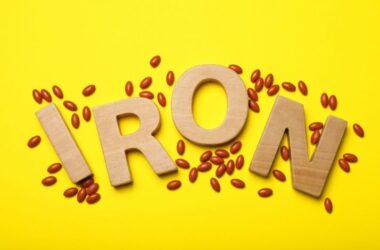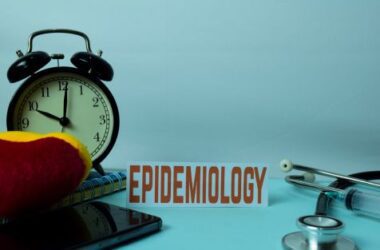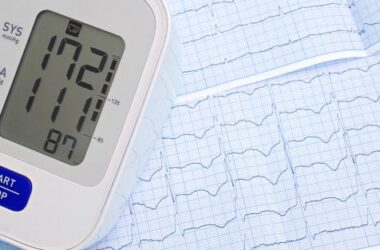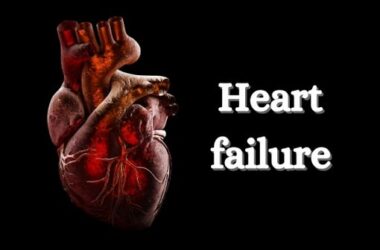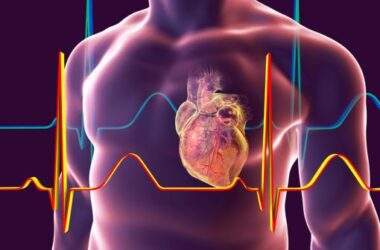Our bodies are intricate, with various systems and functions working harmoniously. But sometimes, seemingly unrelated health issues are more connected than we realize. High cholesterol and high blood pressure are two issues that share a subtle yet significant connection. In this blog, we’ll explore how high cholesterol effect on blood pressure and why it’s essential to understand this link for your overall health.
Cholesterol and Its Role
First, let’s demystify cholesterol. It’s a waxy, fat-like substance that’s essential for our body’s normal functioning. However, problems arise when cholesterol levels become elevated, leading to a condition known as hypercholesterolemia.
Cholesterol travels through your bloodstream in packages called lipoproteins. Two main types are LDL (low-density lipoprotein) and HDL (high-density lipoprotein). LDL is often referred to as “bad” cholesterol because it can build up on the walls of your arteries, forming plaque. This process is at the heart of the connection between cholesterol and blood pressure.
Atherosclerosis Connection


Atherosclerosis is a term you may have heard before. It’s a condition where plaque accumulates in your arteries, narrowing them and hindering blood flow. Here’s where the story gets interesting: Atherosclerosis is pivotal in the relationship between high cholesterol and high blood pressure.
As cholesterol plaque builds up on artery walls, the arteries become less flexible and lose their ability to expand and contract as needed. This decreased flexibility increases resistance to blood flow, much like trying to push water through a narrow, rigid pipe. Consequently, your heart has to pump harder to maintain circulation, resulting in elevated blood pressure.
Endothelial Dysfunction
High cholesterol levels can also affect the endothelium—the inner lining of your blood vessels. A healthy endothelium helps regulate blood pressure by releasing substances that relax or constrict blood vessels as required. When cholesterol damages the endothelium, it disrupts this delicate balance, potentially causing blood pressure to rise.
The Vicious Cycle
High cholesterol levels can contribute to high blood pressure, and the reverse is also true. Elevated blood pressure can damage blood vessels, making them more susceptible to cholesterol plaque buildup. This creates a vicious cycle where high cholesterol and high blood pressure feed into each other, increasing the risk of cardiovascular complications.
Taking Control of Your Health


Understanding the connection between high cholesterol and blood pressure is the first step towards taking control of your health. Here’s how you can break the cycle:
- Diet: Adopt a heart-healthy diet low in saturated and trans fats. Emphasize fruits, vegetables, whole grains, lean proteins, and sources of healthy fats like avocados and nuts.
- Exercise: Regular physical activity can help lower cholesterol levels, improve blood vessel function, and reduce blood pressure.
- Lifestyle: Quit smoking, limit alcohol intake, and manage stress through relaxation techniques like meditation and yoga.
- Medication: If lifestyle changes aren’t enough, your healthcare provider may prescribe medication to lower cholesterol and blood pressure.
Remember, monitoring your cholesterol and blood pressure levels regularly is crucial, especially if you have risk factors like a family history of heart disease. By managing high cholesterol levels and blood pressure effectively, you can protect your cardiovascular health and enjoy a healthier life.


